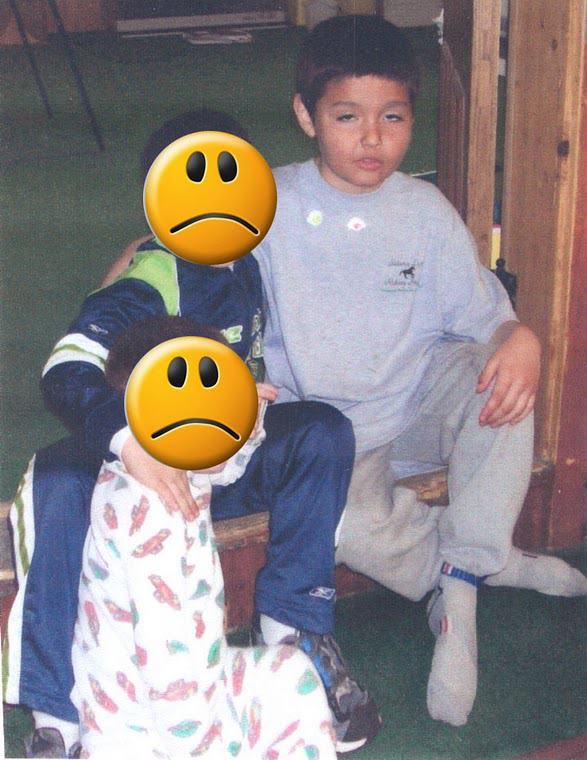Kangaroo court - Wikipedia, the free encyclopedia:
A kangaroo court is "a mock court in which the principles of law and justice are disregarded or perverted".[1]
The outcome of a trial by kangaroo court is essentially determined in advance, usually for the purpose of ensuring conviction, either by going through the motions of manipulated procedure or by allowing no defense at all. A kangaroo court's proceedings deny, hinder or obstruct due process rights in the name of expediency. Typically, a kangaroo court will deliberately abuse one or more of the following rights of the accused:
right to be presumed innocent until proven guilty
right to control one's own defense e.g. selecting one's own defense counsel
right to hear a full and precise statement of the charges made against the accused
right to have adequate time and resources to prepare a defense against the charges
right not to incriminate oneself
right to summon witnesses
right of cross-examination
right to introduce evidence which supports acquittal of the accused
right to exclude evidence that is improperly obtained, irrelevant or inherently inadmissible, e.g., hearsay
right not to be tried on secret evidence
right to exclude judges or jurors on the grounds of partiality, prejudice or conflict of interest
right to have a verbatim stenographic record of the trial proceedings created
right to have no interference or undue influence made by external agencies e.g. political or military leaders
right of appeal against conviction
Contents [hide]
1 Etymology
2 Mock justice
2.1 Examples of show trials
3 As informal proceedings in sports
4 See also
5 References
6 External links
[edit]Etymology
The term kangaroo court may have been popularized during the California Gold Rush of 1849. The first recorded use is from 1853 in a Texas context.[2] It comes from the notion of justice proceeding "by leaps", like a kangaroo.[2] The phrase is considered an Americanism.[2]
[edit]Mock justice
The term is often applied to courts subjectively judged as such, while others consider the court to be legitimate and legal. A kangaroo court may be a court that has had its integrity compromised; for example, if the judge is not impartial and refuses to be recused.
It may also be an elaborately scripted event intended to appear fair while having the outcome predetermined from the start. Terms meaning "show trial", like the German Schauprozess, indicate the result is fixed before (usually guilty): the "trial" is just for show. Soviet dictator Joseph Stalin's kangaroo trials against his enemies, whom he labeled enemies of the people, were notorious, notably in the context of the Great Purge.
In 2008, Singapore’s Attorney-General applied to the High Court to commence contempt proceedings against three individuals who appeared in the new Supreme Court building wearing identical white T-shirts bearing a palm-sized picture of a kangaroo dressed in a judge’s gown.[3]
Following the January 25 Revolution in Egypt in 2011, the Supreme Council of the Armed Forces used military trials to obtain convictions of civilians in possibly over 10,000 trials that lasted on average 20 minutes, and in some cases lasting only a few minutes.[4]

No comments:
Post a Comment